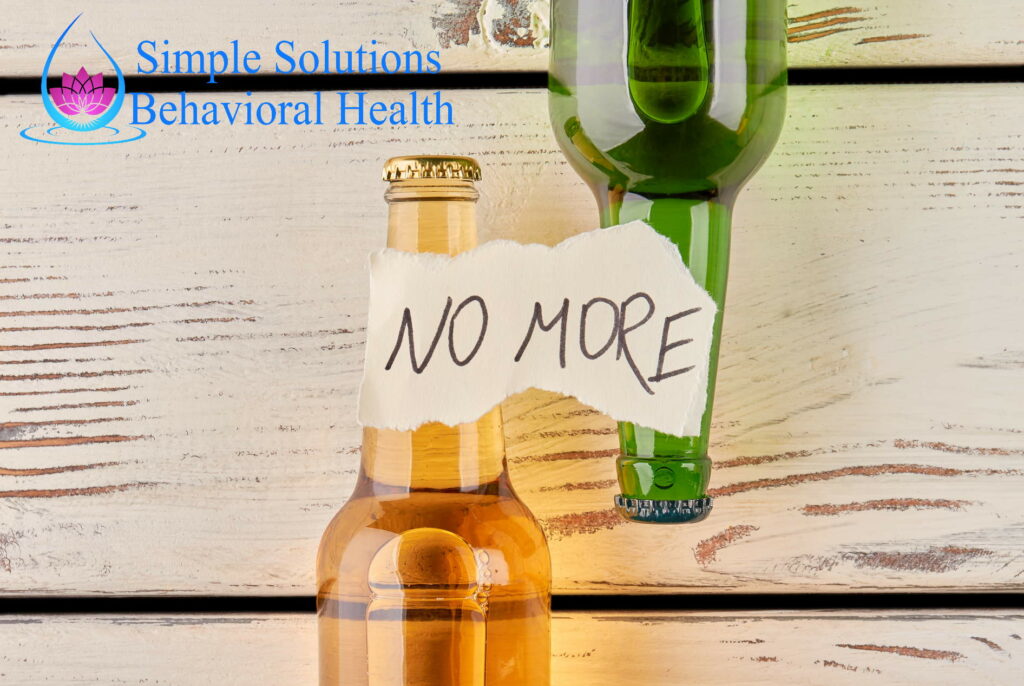The journey to recovery from addiction is deeply personal and often challenging. For those seeking help, understanding the various treatment options is essential. Two primary approaches stand out: rehabilitation centers (rehab) and sober living homes. Each offers different benefits and supports individuals at different stages of their recovery journey.
Recovery is not a one-size-fits-all process. Multiple treatment options reflect the complex nature of addiction and the diverse needs of individuals seeking help. Whether you’re considering rehab, sober living, or a combination of both, remember that taking the first step toward recovery is a courageous act.
Let’s explore these options to help you determine which approach might best suit your situation and recovery goals.
What is Rehab?
Rehabilitation, commonly known as rehab, is an intensive treatment program designed to help individuals overcome addiction. Rehab programs, often conducted at specialized treatment centers, provide a structured environment where patients receive comprehensive care and support to address their substance use disorders. These programs also typically involve family members in the recovery process, recognizing the important role of family support in long-term sobriety.
Types of Rehab Programs
- Inpatient Rehab: Patients live at the treatment center 24/7, receiving round-the-clock care and support.
- Outpatient Rehab: Individuals attend treatment sessions regularly while living at home.
Key Features and Services Offered
- Medically supervised detoxification
- Individual and group therapy sessions
- Cognitive Behavioral Therapy (CBT) and other evidence-based treatments
- Life skills training
- Relapse prevention education
- Family therapy and support for family members
- Aftercare planning
Rehab Programs offer a highly structured environment that allows individuals to focus entirely on their recovery without outside distractions. The intensity of care and professional support provided in rehab can be vital for those in the early stages of recovery or dealing with severe addiction. Moreover, the inclusion of family therapy in many treatment center programs helps heal family relationships and equips family members with tools to support their loved one’s recovery journey.
Understanding Sober Living
Sober living homes, also known as sober homes or halfway houses, provide a transitional environment for individuals recovering from substance abuse. These residences offer a supportive, sober living environment where residents can continue their journey to long-term sobriety and practice healthy living habits.
Characteristics of Sober Living Homes
- Alcohol and drug-free environment
- Peer support from fellow residents
- Independence and autonomy in daily life
- Integration with work, school, or other responsibilities
- Oversight by a house manager who maintains order and supports residents
Rules and Expectations
- Maintaining sobriety and abstaining from substance abuse
- Participating in house meetings and chores
- Following curfews
- Attending support group meetings (e.g., AA or NA)
- Submitting to random drug tests
- Paying rent and other fees
- Engaging in healthy living practices
Sober homes provide the necessary bridge between the structured environment of addiction treatment centers and independent living. They offer a supportive community where individuals can practice their recovery skills while gradually reintegrating into society. Many choose this option after completing an intensive rehab program, as it offers continued support in a less restrictive setting. This allows for a smoother transition back to everyday life while maintaining a focus on recovery and personal growth.
Ready to take the next step in your recovery journey? Discover how recovery housing can provide the supportive environment you need to build a strong foundation for lasting sobriety.
Key Differences Between Sober Living and Rehab
Understanding the distinctions between rehab and sober houses can help you determine which option aligns best with your recovery needs.
Here are the main differences:
Level of Care and Supervision
- Rehab: Intensive, 24/7 professional care and monitoring
- Sober Living: Peer support with less intensive supervision
Duration of Stay
- Rehab: Typically 30-90 days, depending on the program
- Sober Living: Can range from a few months to over a year
Cost Considerations
- Rehab: Generally more expensive due to intensive care and medical services
- Sober Living: Usually more affordable, with residents often paying rent
Structure and Daily Routines
- Rehab: Highly structured days with scheduled therapies and activities
- Sober Living: More flexible schedules, allowing for work or school commitments
While rehab provides intensive, professional care in a controlled environment, sober living offers a more independent setting with peer support. The choice between the two often depends on the individual’s stage in recovery and specific needs.
Factors to Consider When Choosing
When deciding between rehab and sober living, consider the following:
Personal Needs and Circumstances
- Current living situation
- Employment or educational commitments
- Family responsibilities
- Severity of addiction
- Need for medical supervision
Stage of Recovery
- Whether you’re just starting your recovery journey
- If you’ve maintained sobriety for some time but need additional support
- Transitioning from rehab to independent living
Type of Support Needed
- Need for intensive, professional therapy
- The desire for peer support and community-based recovery
- Requirement for a highly structured environment
Treatment Goals
- Achieving initial sobriety through intensive care
- Maintaining long-term sobriety with ongoing support
- Developing life skills and coping mechanisms
Financial Considerations and Duration of Treatment
- Insurance coverage for rehab vs. ability to pay rent in sober living
- Availability for short-term, intensive program vs. longer-term living arrangement
Remember, there’s no one-size-fits-all approach to recovery. Rehab suits those needing medical supervision or intensive therapy, while sober living aids individuals transitioning from rehab or maintaining long-term sobriety. Many benefit from a continuum of care, starting with rehab and moving to sober living. Your best choice depends on your unique needs and goals, so consider consulting addiction specialists to determine your optimal path.
Your Path to Healthy Living: Simple Solutions Recovery
At Simple Solutions Recovery, we provide specialized recovery homes in Central Kentucky. These homes offer a vital stepping stone for those transitioning from intensive treatment or seeking ongoing support in their sobriety journey. Our approach combines quality facilities with a strong support network, balancing independence with structure to prepare residents for successful, sober living.
Our comprehensive services include:
- Intensive Outpatient Program with provided transportation
- Specialized recovery homes in Lexington
- Trauma-informed care for mental health and substance use disorders
- Relapse Prevention Program
- Recovery Education and Self-Help Mentoring
We support recovery from various addictions, addressing not just substance abuse but also mental health and trauma. Our community-based approach ensures that no one walks the path to recovery alone. If you’re seeking support in your journey to sobriety, Contact Us to learn how we can help you take the next step towards a healthier life.
For immediate assistance with substance use issues, including information about treatment options and local support services, call the SAMHSA National Helpline at 1-800-662-HELP (4357).
Frequently Asked Questions
Can I work while in rehab or sober living?
In most rehab programs, working is not possible due to the intensive nature of treatment. However, sober living environments often encourage or require residents to work or attend school, supporting their reintegration into daily life.
How long do people typically stay in rehab vs. sober living?
Rehab programs typically last 30-90 days, while stays in sober living homes can range from a few months to over a year, depending on individual needs and progress in recovery.



